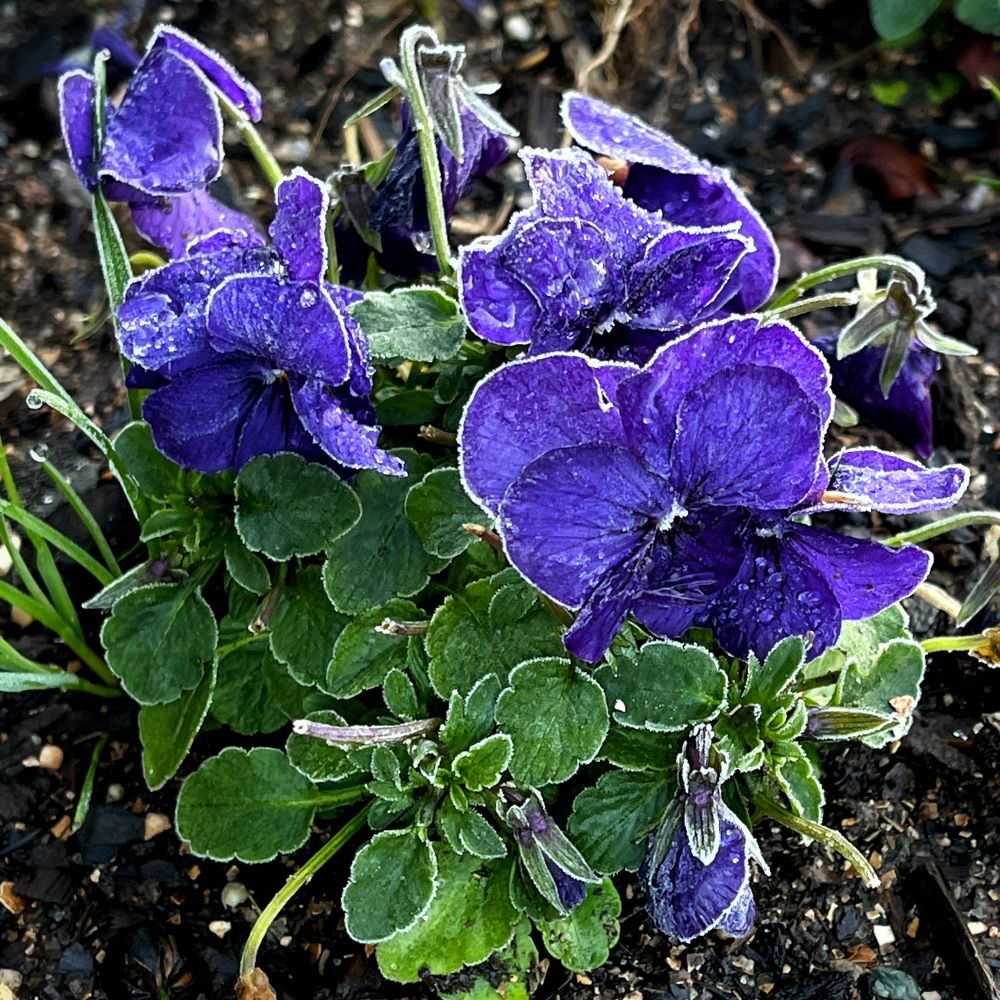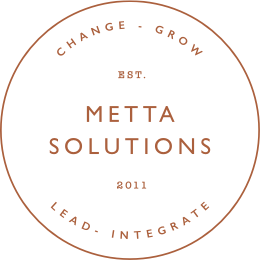February 21, 2022
Going dormant: Career and life lessons from the winter garden
When I’m not working or spending time with loved ones, I can often be found sinking my hands into the soil in an effort to coax life from the land around my home. The resulting fruits and flowers nourish my body and soul.
They also remind me of some important career and life lessons that I think have special meaning now, two years into a crisis that has resulted in alarming levels of burnout and exhaustion. This is especially worrisome among my own colleagues in health care.
I turn to these lessons time and time again in conversations with clients as they navigate current challenges and map next steps for their professional life. I think these lessons may help anyone struggling to see the light at the end of this long tunnel.
The seasonality of life
Just as no oak can continuously release mast, no orchid can perpetually flower and no tomato vine can endlessly produce the raw materials for the perfect summer sandwich, humans cannot continuously attain scientific breakthroughs, create masterpieces or build companies.

Pansies from my winter garden — one of the few things blooming right now.
Similarly, our relationships are not always harmonious, our health is not always what we wish and, well, no one has a good hair day every day. That last one is a little silly, I know, but it’s also true, right? There are times when all is right with the world, and times when it just isn’t.
So why do we expect so much of ourselves as professionals, so much of the time?
The reality of life – at work and beyond – is that it is seasonal in nature. Just like a garden.
If you are in the northern hemisphere like I am right now, look outside. What do you see? Maybe a whole pile of snow in some areas. But elsewhere, there’s probably not much, and little of what you do see will captivate you. Most of the garden is dusty and dry. Many plants may have withered so dramatically that there’s nothing visible at all.
It looks like there’s nothing left. But, of course, that’s not the case.
The magic of retrenchment
When plant life pulls back as winter sets in, we can’t see much happening. However, there are important tasks happening below the surface. The work of being a plant simply shifts underground. To be sure, activity slows down, but energy is stored, and preparation for the next season is happening. It is just quieter and more focused. It is about stability, maintenance and rest in preparation for a riot of growth to come.
Without the winter – and the necessary work of this quiet, colder period – there would be no spring for the garden.
Just like the garden, we humans also need periods of retrenchment, where we steady ourselves, rest and shore up our strength. The recipe for the restorative period will vary from person to person, but it often includes giving yourself grace (it’s OK to not go after that promotion while you are overwhelmed!) and allowing space for things that feel good, even if they don’t check something off your list at work. That means embracing things like self-care, creativity, physical activity and fun.
When you give yourself permission to settle into the winter, you also ensure you are more prepared for the spring, when the daylight lengthens and the sun warms your face. Given enough stored energy in your own root system, you might find you are ready to bloom.
Tending the workplace garden
I like to talk with clients about these ideas, because they often leave our conversations feeling better about their own ups and downs. It is such a relief to learn that you simply can’t operate on all cylinders all the time. Or, to stick with the garden metaphor, nothing in my yard blooms 24/7/365.
In addition, many of my clients are leaders, so although they typically come to me thinking of their own professional development, they also have influence over others. Many have their own workplace gardens, filled with numerous people, each of whom at any one time may be flourishing, faltering or wintering underground. When leaders understand that every person on their team has a finite well of energy and a need for the space and grace to refill it, they create a more humane work environment for all.
I think periods of retrenchment have their own quiet beauty in the garden and in life. But the most obvious benefit and beauty is the growth that follows. Leaders who tend their workplace gardens with care and awareness – and who make it OK to pull back when necessary – will see the greatest growth and strength when spring finally comes.
Weathering our pandemic winter
The last point I want to leave you with is the absolute necessity of retrenchment in difficult times. Because we really need it now.
Think again about a garden. Have you ever seen an early freeze, when the tomatoes on the vine are frozen to mush and yesterday’s flowers have withered overnight? Or a late one, when spring’s first growth darkens and must be cut away? Quite simply, many plants would die in the cold, dark months if they did not pull back.
It’s like that for us, too. There are times when the headwinds are simply too much, and we must pull back. For many of us, this pandemic era is such a time, and I implore you to be kind to yourself. Leaders, you can normalize this by talking the talk and walking the walk of self-care.
Spring will come again – for each of us and for all of us – and when it does, we will be ready to bloom.





